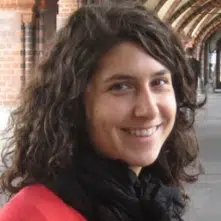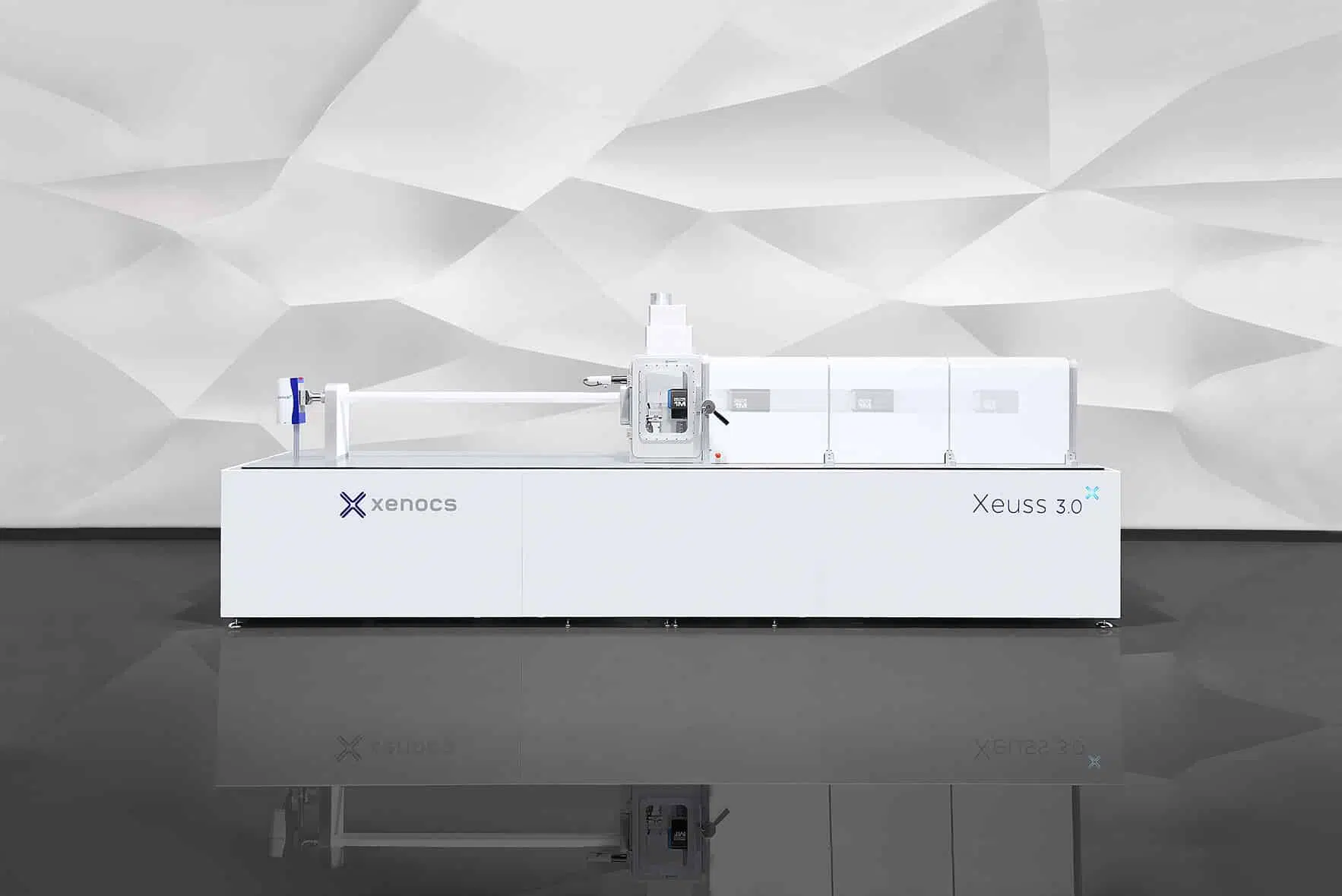WEBINAR
Laboratory SAXS as a tool to characterize complex
self-assembly behaviours in aqueous solutions
Laboratory SAXS as a tool to characterize complex self-assembly behaviours in aqueous solutions
Understanding the fundamentals of molecular self-assembly behaviours is a critical step in the manufacturing of functional macrostructures.These processes find applications in various fields such as molecular biology, chemistry, engineering, materials science or polymer science.
Steroidal surfactants, such as bile salts, have a rigid facial amphiphilic structure significantly different from the typical head–tail detergents. These molecules show peculiar features in their complex and adaptable self-assembly behavior, at the basis of their physiological activities and bio-applications. They can self-organize in rather ordered supramolecular assemblies and are also particularly attractive for the bottom-up construction of nanostructures. Sodium deoxycholate (NaDC) is representative of the complex aggregation behaviour of these biological surfactants in aqueous solution. In conditions fitting its physiological working environment NaDC can adjust its arrangement among micelles, bilayers and helices, showing remarkable adaptability to all the allowable phases expected for surfactants.
Small angle X-ray scattering measurements, performed at the SAXSLab Sapienza, have been used to characterize each phase and the transitions among them.
Follow the webinar to learn:
- how SAXS in the lab helps to characterize the nanostructures formed in aqueous solution by self-assembly processes of amphiphilic molecules
- how the size, shape and concentration of aggregates can be inferred from SAXS analysis
- what the main advantages of SAXS analysis are, fruitfully complementing other characterization techniques
Presented by:

Alessandra del Giudice, PhD, is a researcher at Sapienza University of Rome. Her PhD work focused on the application of scattering techniques and optical spectroscopies for the study of protein processes as unfolding and oligomerization. Her current research interests comprise the structural characterization of soft matter systems formed by the self-assembly of amphiphilic molecules. In addition, Alessandra gives technical assistance and scientific support for running the SAXSLab Sapienza facility which allows users to perform in-lab small/wide angle X-ray scattering measurements.
Webinar hosted on December 1, 2022.


































